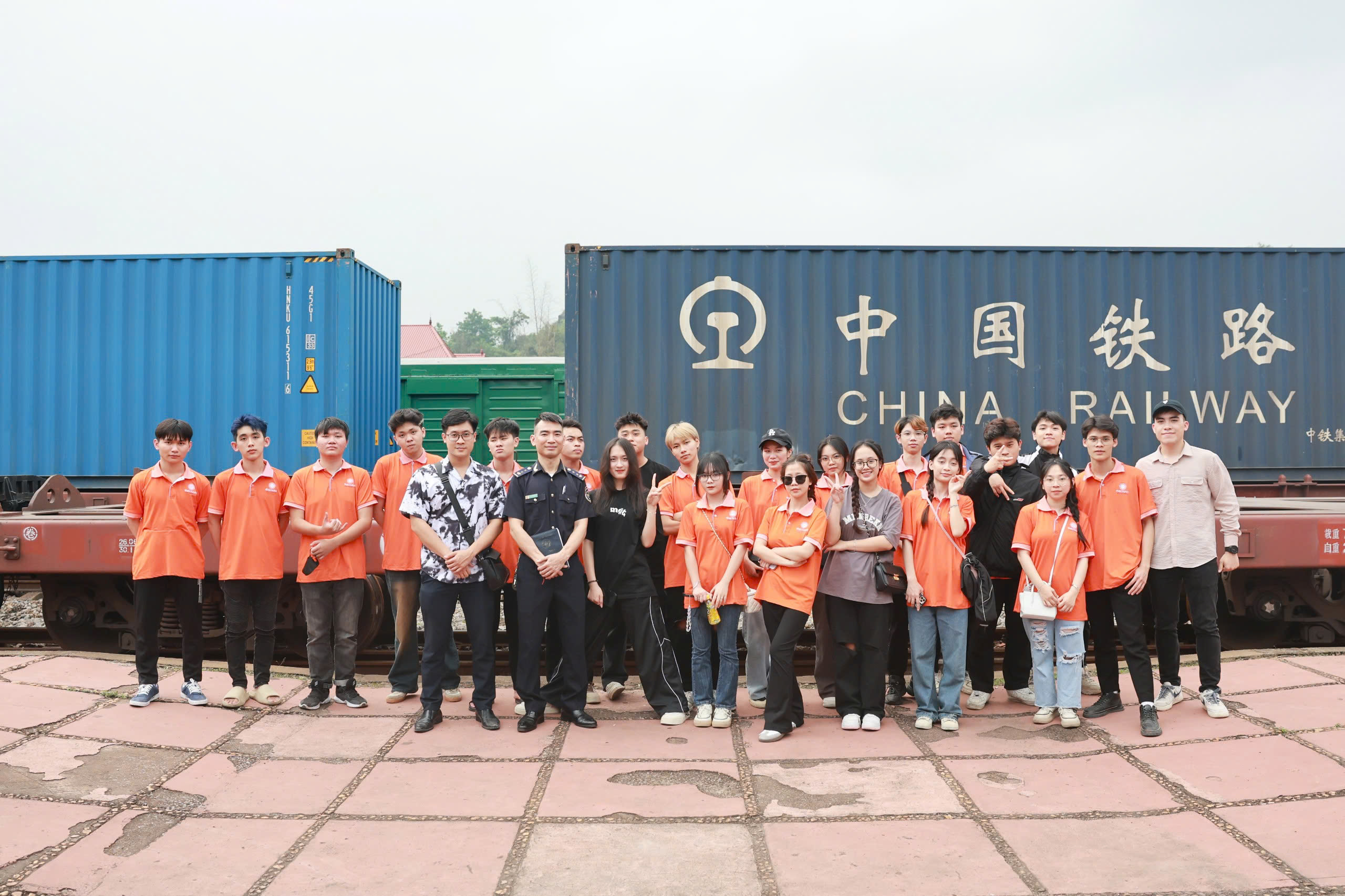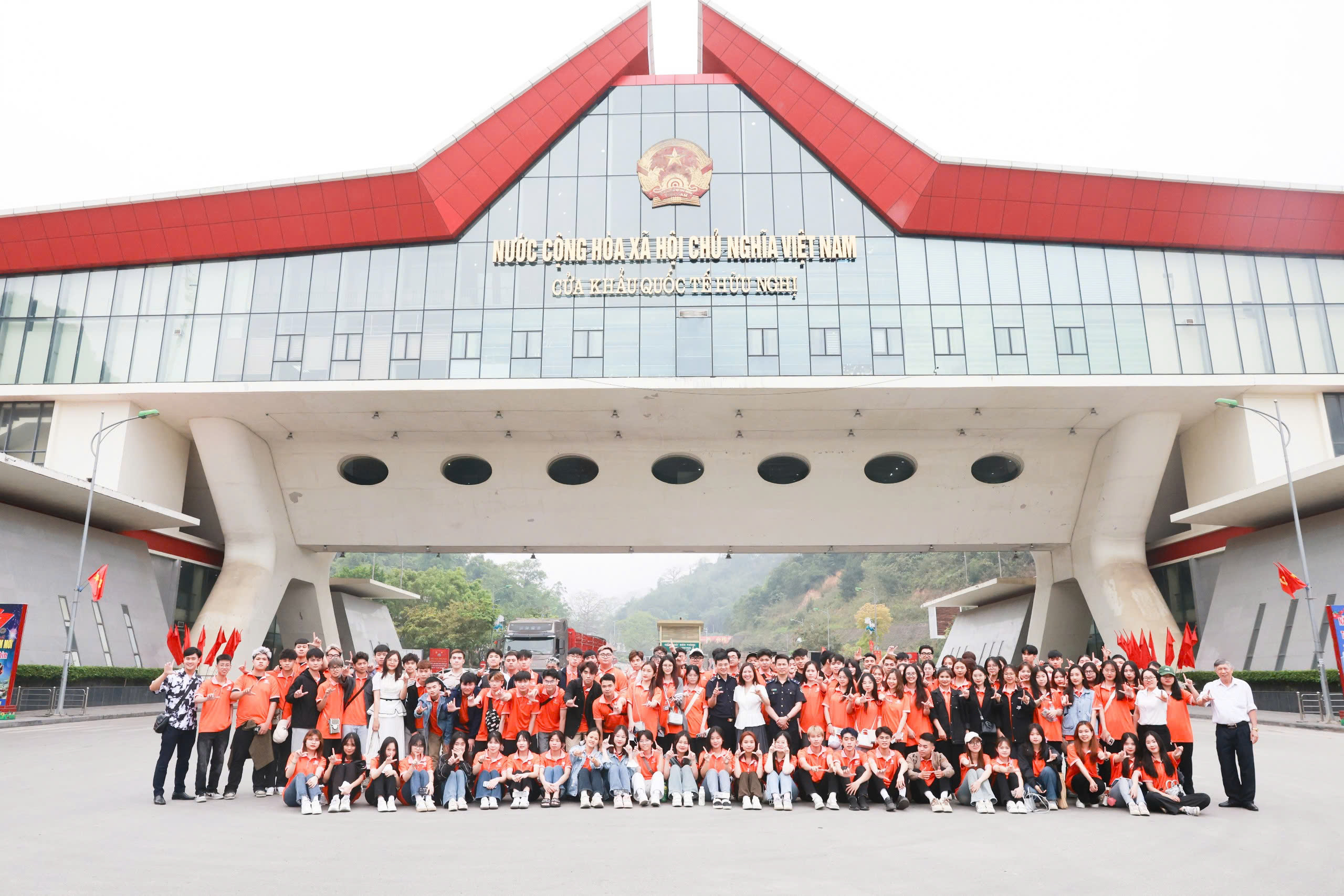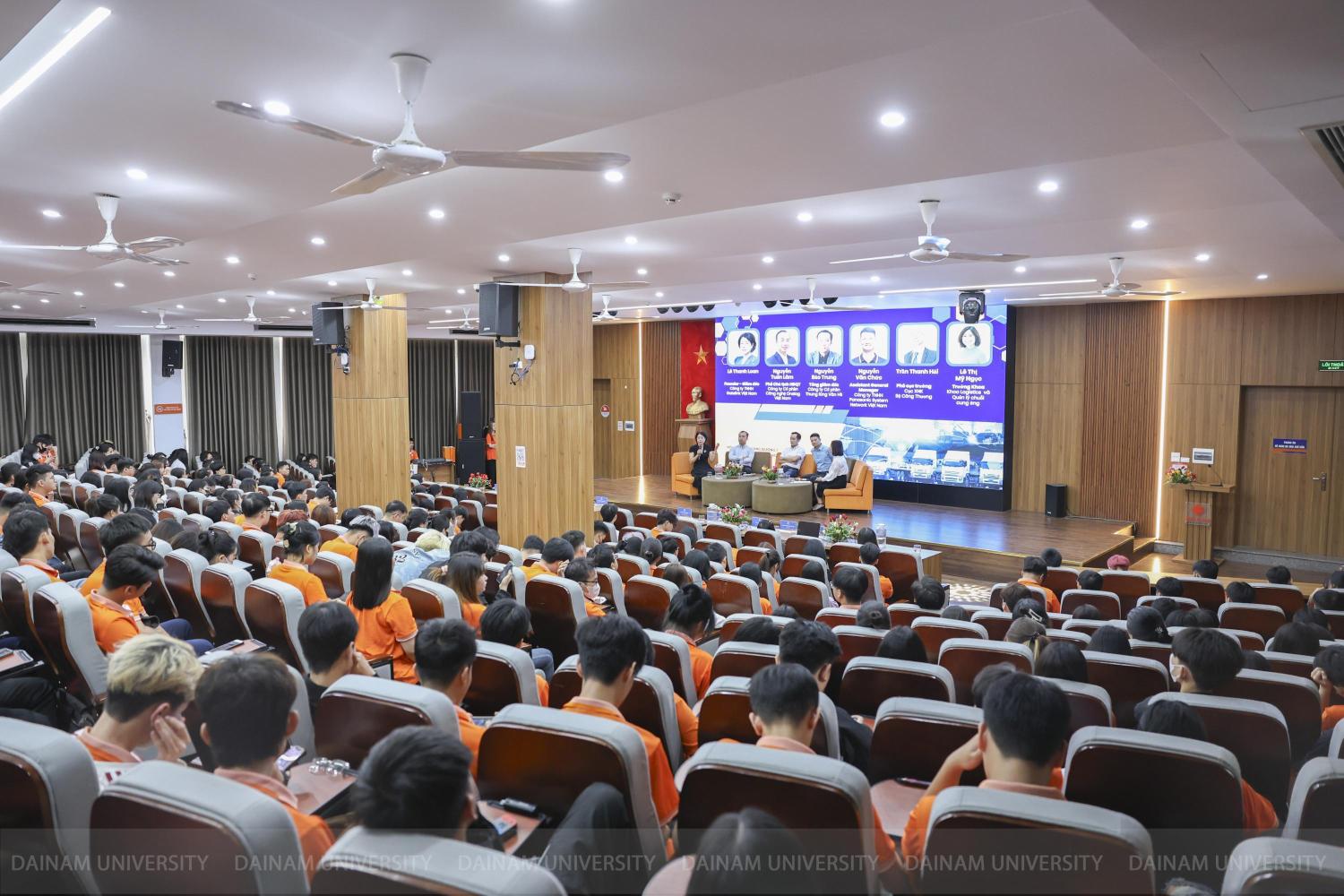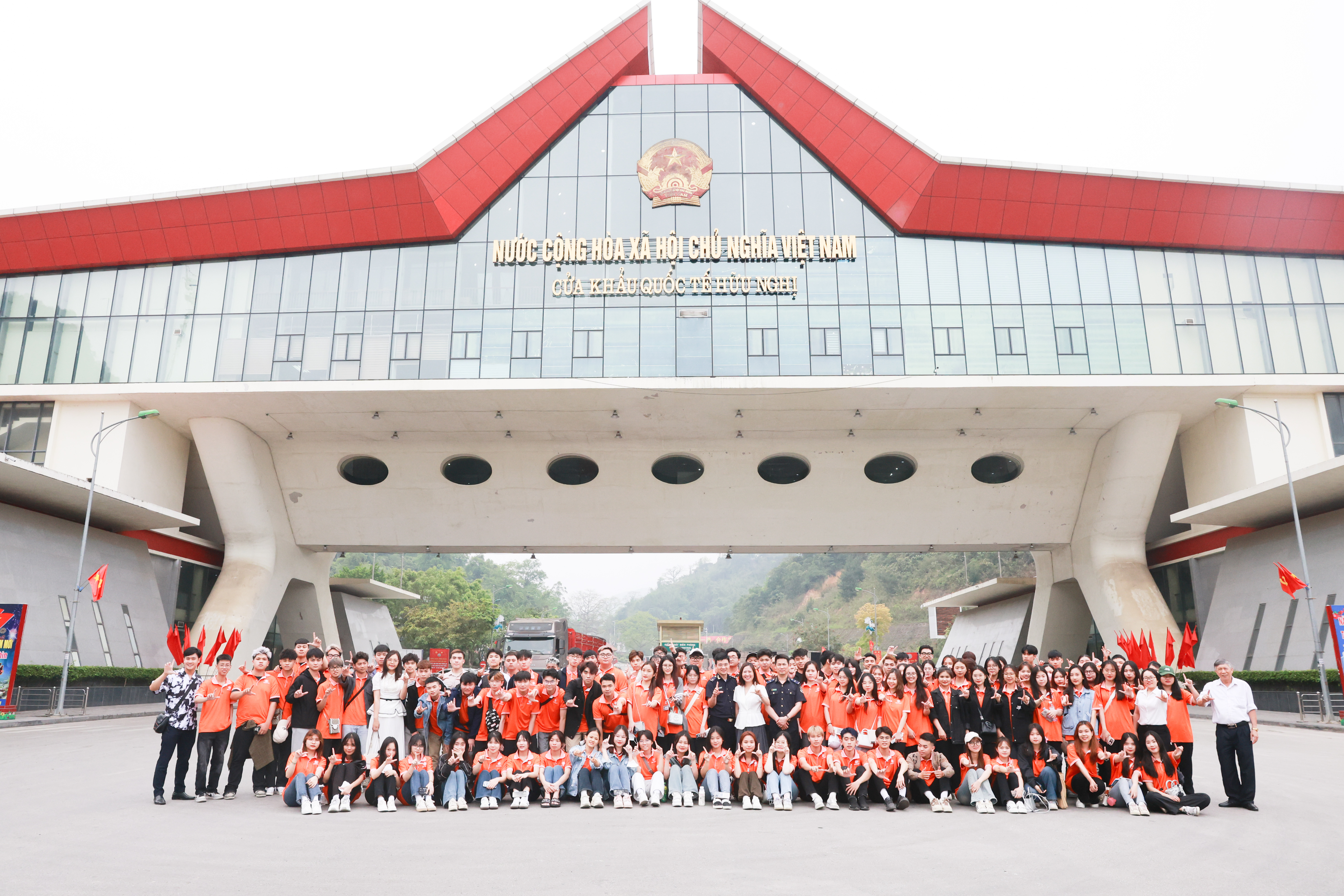The Bachelor of Logistics and Supply Chain Management program at Dai Nam University is developed based on the vision, mission, and strategic goals of the university and the Faculty of Logistics and International Business. This program follows an application-oriented approach, equipping students with in-depth knowledge and practical skills aligned with modern development trends, meeting the demands of the labor market in the era of global integration.
Overview of the study field
Students majoring in Logistics and Supply Chain Management will be equipped with in-depth knowledge in supply chain operations, transportation, warehousing, and process optimization. With a curriculum that integrates theory and real-world practice, students will develop strong project management skills, data analysis capabilities, and strategic thinking. This prepares them to thrive in a global working environment or launch their own startups in the dynamic and promising field of logistics.
Major code
7510605
Training duration
3 years - 9 semesters
Degree after graduation
Bachelor's Degree in Logistics and Supply Chain Management
Admission combination
- Math, Physics, Chemistry (A00)
- Math, Physics, English (A01)
- Math, Physics, Literature (C01)
- Math, Literature, History (C03)
- Math, Literature, Geography (C04)
- Math, Literature, English (D01)
- Math, Informatics, English (X26)
Degree after graduation
Bachelor's Degree in Logistics and Supply Chain Management

Highlights of the training program
Training program
Short training duration: The 3-year training program helps students save time, enter the labor market early, seize career opportunities, and develop their careers quickly.
The program is designed with 124 credits, focusing on practical application, blending theoretical teaching with real-life experiences. Of these, 50% is dedicated to theoretical content; 40% focuses on practical programs, projects, and internship activities at businesses; and 10% involves direct interactions with expert instructors. In addition, students are connected with companies and guided in career development through various academic "platforms."
Faculty Members
The Dean of the Faculty of Logistics and International Business is Dr. Le Thi My Ngoc, who has 22 years of experience in teaching and consulting for businesses in the fields of marketing and logistics.
The faculty members possess strong expertise and practical experience. In particular, the team of academic advisors is youthful, dynamic, and always ready to support students 24/7.
Modern facilities
Students study in a modern, green, clean, and beautiful campus spanning nearly 10 hectares, located in the heart of Ha Dong District, Hanoi.
Graduate competencies
Graduate competencies

Curriculum structure
Learning and teaching methods

Job opportunities after graduation
-
High demand for human resources
The Logistics and Supply Chain Management field is increasingly attracting more students due to its attractive salary and wide job opportunities. After graduation, students can take on various important positions in both domestic and international companies.
-
What jobs can graduates do? Where can they work?
Graduates of the Logistics and Supply Chain Management program can take on a variety of important positions, such as:
-
Warehouse Management Specialist: Designing and operating efficient warehouse management systems.
-
Sales Executive: Working at logistics companies to ensure smooth business operations.
-
Documentation and Bill of Lading Officer: Handling paperwork at supply, distribution, and import-export companies.
-
Customs or Airport Operations Specialist: Employed at seaports, shipping lines, or related agencies.
-
Procurement and Freight Forwarding Officer: Managing domestic and international purchasing and shipping processes.
-
Customs Consulting and International Payment Specialist: Providing solutions for customs procedures and international transactions.
-
Specialist at international organizations or government agencies: Engaging in logistics and supply chain management roles.
-
Lecturer: Teaching at universities and colleges.
These roles offer excellent career prospects and numerous opportunities for growth for graduates.
-
-
How much is the salary?
The logistics industry offers not only diverse career opportunities but also highly competitive salaries:
-
Fresh graduates typically earn a starting salary ranging from 8 to 12 million VND/month.
-
Professionals with 2–5 years of experience can earn between 15 to 30 million VND/month, depending on the company size and individual skillset.
-
Senior management positions offer salaries from 75 to 125 million VND/month.
-
Admission methods and registration guidelines for 2026
Register for admission consultation 2026
In 2026, Dai Nam University will admit students to 38 majors and academic programs across the following disciplinary clusters: Health Sciences; Engineering and Technology; Economics and Business; Social Sciences and Humanities; and Fine Arts and Design.
Register now to secure
scholarships and tuition support worth up to 55 billion VND
scholarships and tuition support worth up to 55 billion VND

Register now to secure
scholarships and tuition support worth up to 55 billion VND
scholarships and tuition support worth up to 55 billion VND








